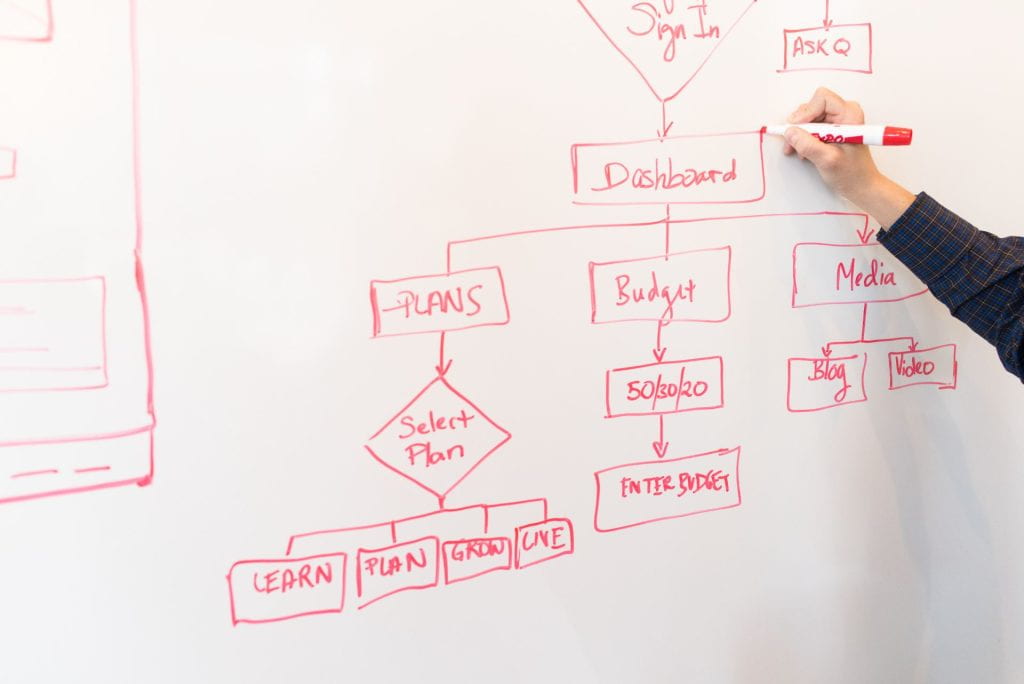Abstract
Public health agencies are increasingly concerned with ensuring that they are maximizing limited resources by delivering effective programs to enhance population-level health outcomes. Preventing mis-implementation (ending effective activities prematurely or continuing ineffective ones) is necessary to sustain public health efforts and resources needed to improve health and well-being. The purpose of this paper is to identify the important qualities of leadership in preventing mis-implementation of public health programs. In 2019, 45 state health department chronic disease employees were interviewed via phone and audio-recorded, and the conversations were transcribed verbatim. Thematic analysis focused on items related to mis-implementation and the manners in which leadership were involved in continuing ineffective programs. Final themes were based on a Public Health Leadership Competency Framework. The following themes emerged from their interviews regarding the important leadership competencies to prevent mis-implementation: ‘(1) leadership and communication; (2) collaborative leadership (3) leadership to adapt programs; (4) leadership and organizational learning and development; and (5) political leadership’. This first of its kind study showed the close interrelationship between mis-implementation and leadership. Increased attention to public health leader competencies might help to reduce mis-implementation in public health practice and lead to more effective and efficient use of limited resources.
